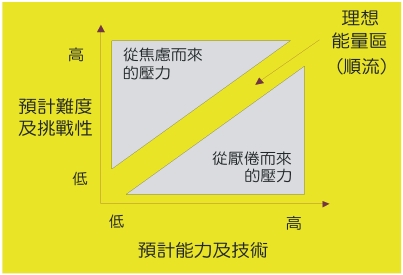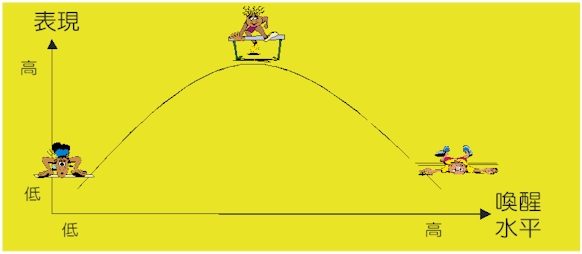

Decision Making Under Stress and Arousal


Decision Making Under Stress and Arousal
![]()
當一個人感到自己未能完成要做的事情,而這個結果對他來說又是重要時,「壓力」便會隨之而生(McGrath,1970),喚醒程度亦會隨之而增高。

Yerkes 與 Dodson(1908)發現,從低喚醒水平開始,提高喚醒水平有利於表現;但當喚醒水平到達一定程度時,繼續提高喚醒水平反而會使表現下降,這就是著名的「倒U」理論( Inverted-U Principle)。

與「倒U」理論有關的發現還包括:粗肌動技能和簡單技能的最理想喚醒水平較高,而精細肌動技能和複雜技能的最理想喚醒水平較低;而喚醒水平則可透過深呼吸、漸進放鬆法或影像訓練等來調節。因此,運動員必須懂得按照運動項目的特點,適當地調節喚醒水平(特別在喚醒水平過高的時候),否則便有可能影響到作出最正確的抉擇。


反應時間與抉擇 |
|
影響反應時間與抉擇的因素 |
|
反射動作 |
|
|
![]()
![]()
References
![]()
McGrath, J. E. (1970). Major methodological issues. In J. E. McGrath (Ed.), Social and Psychological Factors in Stress (pp. 19-49). New York: Holt, Rinehart, & Wilson.
Schmidt, R. A. (1991). Motor learning & performance: From principles to practice. Champaign, IL: Human Kinetics.
Yerkes, R. M., and Dodson, J. D. (1908). The relation of strength of stimulus to rapidity of habit formation. Journal of Comparative Neurology of Psychology, 18, 459-482.
![]()

Back to Motor Learning and
Performance of
Running
最近更新日期(Last Updated):2007-07-01